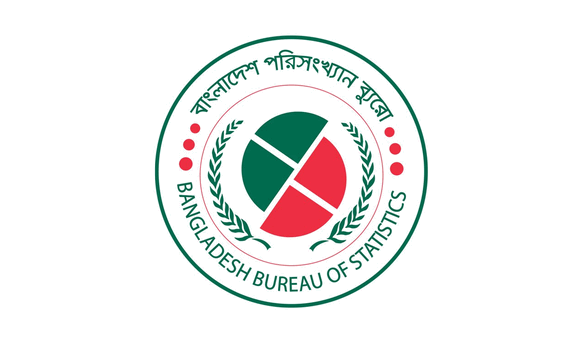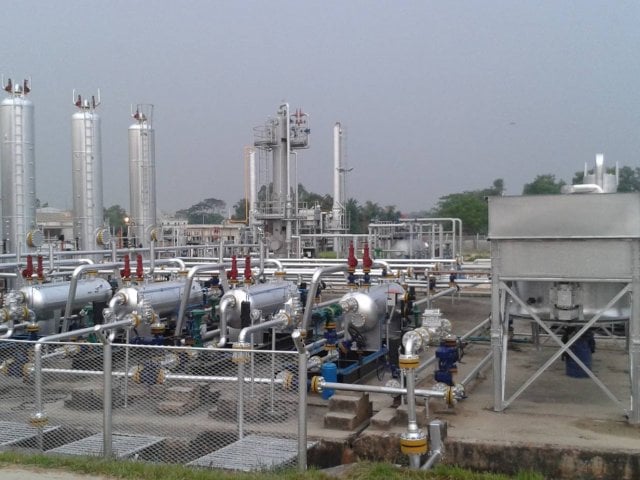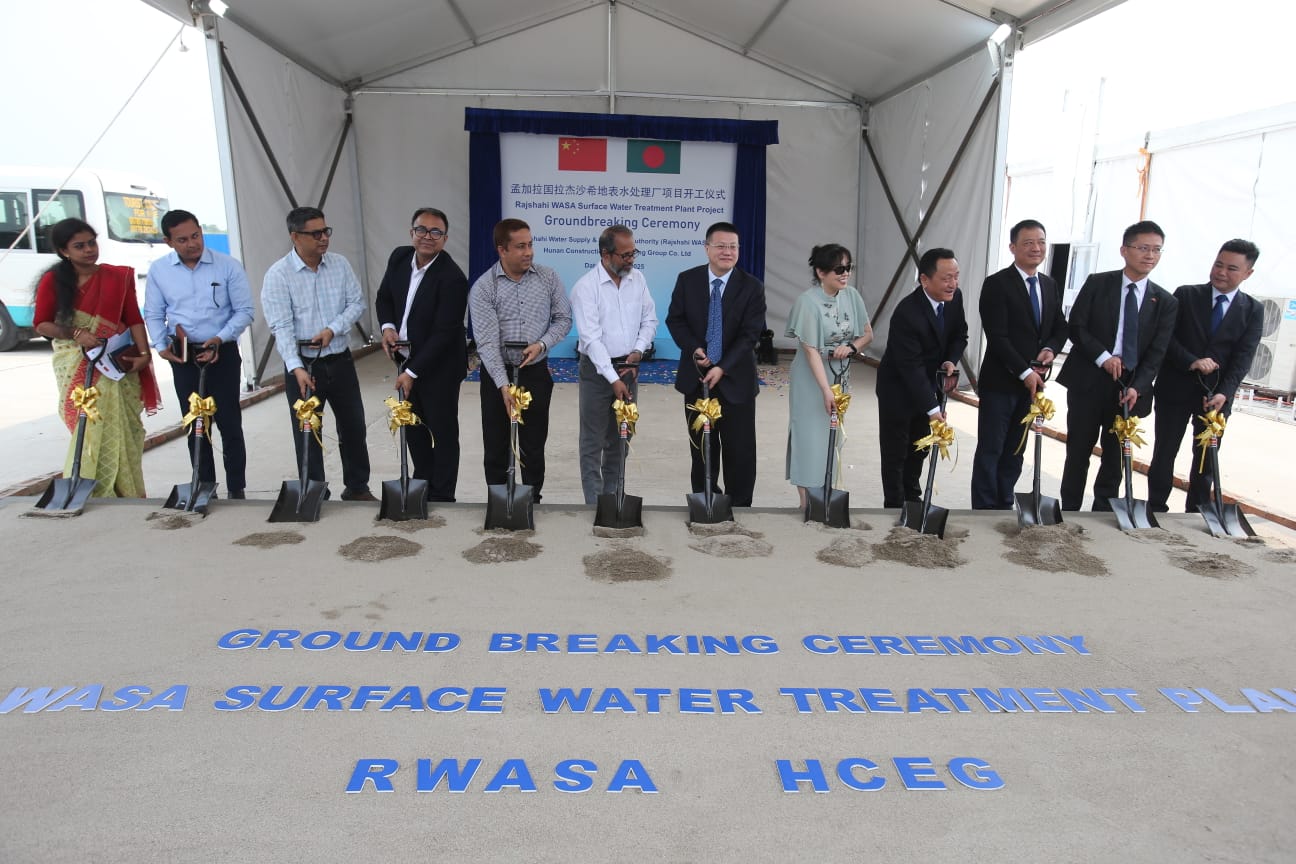
Businessmen and economists have advised the government to first understand the US administration’s intentions before taking any action regarding the counter-tariff issue. They recommended that the government urgently initiate discussions with the Trump administration before April 9, as the counter-tariffs are set to come into effect on that date.
These remarks were made during a meeting organised by the Ministry of Commerce on Sunday.
The meeting, chaired by Commerce Secretary Mahbubur Rahman, was attended by various government secretaries, as well as business leaders. Among the participants were Syed Nasim Manzur, Managing Director of Apex Footwear; Md. Hafizur Rahman, Administrator of FBCCI; Shawkat Aziz Russell, President of the Bangladesh Textile Manufacturers Association (BTMA); Mohammad Hatem, President of the Bangladesh Knitwear Manufacturers and Exporters Association (BKMEA); economist Dr Selim Raihan; Dr Mohammad Abdur Razzaque, Chairman of RAPID; and M Masrur Reaz, Chairman of Policy Exchange.
The participants emphasized that the counter-tariff issue should not be viewed solely from an economic perspective but should also consider political implications. They highlighted the need for a coordinated approach in engaging with the Trump administration, US trade agencies, and importers.
One researcher suggested that the government should refrain from hastily reducing tariffs on US imports. He emphasised the importance of understanding US expectations and demands before making any decisions, cautioning that rash moves could lead to unintended consequences and may not benefit Bangladesh.
During the meeting, several businessmen raised concerns about whether counter-tariffs would apply to products already in production before April 9. They recommended that discussions be held with US buyers to clarify the situation and plan accordingly. If the counter-tariffs are imposed and cause US buyers to reduce product prices, the government should consider providing support to affected exporters.
Economists also pointed out that Bangladesh should not assume it will face the same consequences as other countries subjected to counter-tariffs. They noted that countries like China and Vietnam have the financial capacity to absorb the impact of such tariffs, whereas Bangladesh does not. If US buyers reduce product prices, China and Vietnam would be able to recover more easily, while Bangladesh may struggle due to its limited capacity.
Several businessmen recommended that the government consider offering central warehouse facilities to US exporters in Bangladesh to facilitate cotton imports. Although cotton from the US is currently imported duty-free, most of the country’s cotton imports come from China and India due to more convenient import processes. To increase US cotton imports, Bangladesh would need to improve its supply chain infrastructure.
In conclusion, economists and researchers emphasised the need to fully understand US demands and priorities before proceeding with any tariff-related decisions. Based on this understanding, they recommended that the government take appropriate and informed steps.








